Delegate Pham Trong Nhan (HCMC) commented that the draft was introduced in the context of the global information space having changed, the speed of data transmission far exceeds the speed of human verification, creating non-traditional security challenges, threatening ideological security, awareness and social security.
Therefore, the delegate suggested that the draft law must create strong enough legal framework in the era of artificial intelligence (AI).
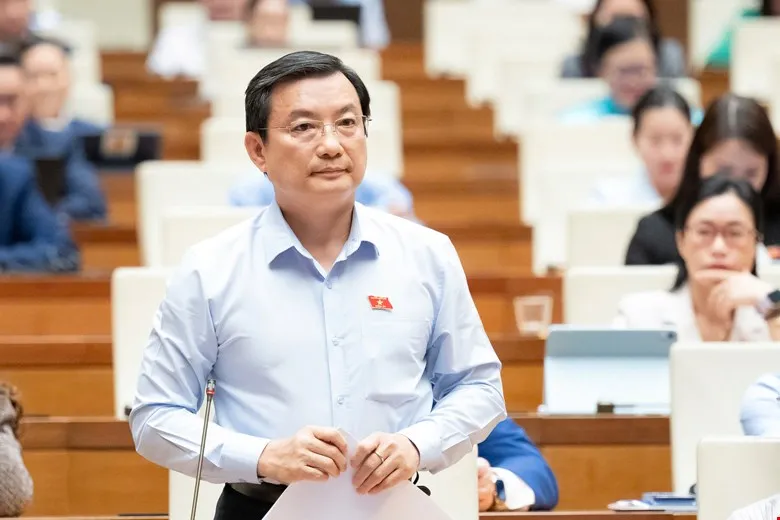
According to Deputy Pham Trong Nhan, recently, AI-generated content has appeared frequently in electronic newspapers, digital platforms, and even in the editing process. Therefore, it is necessary to add the provision "a journalistic work with AI elements is journalistic content produced in whole or in part with the support of AI. The press agency must announce the level of AI intervention and be responsible for the accuracy of the content".
The delegate also proposed adding that “press agencies must independently verify content with AI elements and take joint responsibility if they post false content that affects national security, organizations, individuals…”.
In addition, the draft law must require cross-border platforms to publicly disclose their recommendation algorithms, remove fake news within 24 hours, identify accounts, and have solutions to track information, in connection with the Ministry of Science and Technology.
“Without early warning, official information can be delayed up to 24 hours. In the AI era, just 24 minutes delay is enough to cause a crisis of awareness for individuals, groups, and even the whole society,” warned Deputy Pham Trong Nhan, emphasizing that the draft needs to adjust the scope of quality and responsibility when providing information.
According to the delegate, TikTok or YouTube are information distribution channels with great influence, significantly influencing information reception behavior. The draft must set mandatory requirements for transparency, early warning and coordination in handling false information.
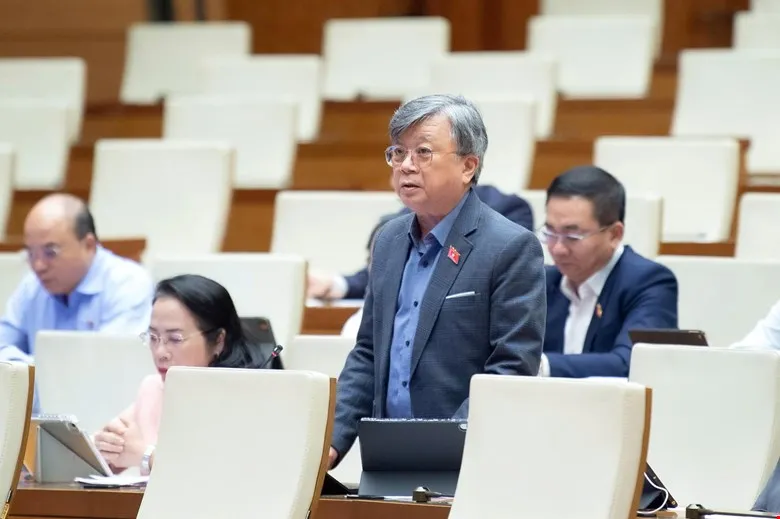
Delegate Truong Trong Nghia (HCMC) stated that the press is a media product with its own characteristics and the level of reader penetration is an important factor, requiring talent, skills and capacity of the press agency. The press spends a lot of effort to achieve that and to operate for a long time, to sustain and retain the team of journalists.
Journalists and press agencies also have to compete with "tabloid" media and fight against "fake, fraudulent, and toxic" media.
According to the delegate, in the current local press (print, radio, television and electronic), there are newspapers that have done the above.
“Those newspapers are valuable assets of our press. This draft revised Press Law needs to create conditions for these newspapers to continue to develop. The draft should also create a legal corridor for the press of many other provinces and cities to develop in that direction,” said Deputy Truong Trong Nghia .
Also according to Delegate Truong Trong Nghia, in the two largest and most populous cities in the country, Hanoi with over 8 million people and Ho Chi Minh City with over 14 million people, there are newspapers whose brands and credibility go beyond local boundaries.
From there, the delegate proposed to amend the content in Clause 6, Article 16 of the draft in the direction: "The press, radio and television agencies are press agencies under the provincial and municipal Party Committees, and can have many types of press, press products, and affiliated press agencies. Some provincial and municipal Party Committees can establish press agencies according to the model of a multimedia main media agency".
According to Deputy Truong Trong Nghia, such a regulation will create conditions to maintain and continue to develop local press agencies that have been relatively financially independent for many years, in localities with millions of readers who can afford to buy daily newspapers, such as Hanoi or Ho Chi Minh City.
At the same time, create development for provincial and municipal Party Committees of other localities to build press agencies according to this model when conditions are sufficient, approved by the Prime Minister and updated in the strategy for development and management of the press system.
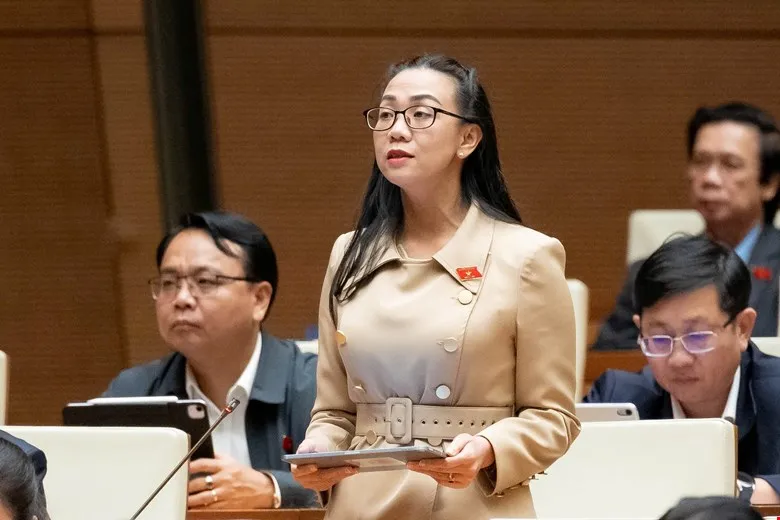
Meanwhile, Deputy Trinh Thi Tu Anh (Lam Dong) proposed: “The content channel of a press agency on cyberspace is an information channel established by a press agency on a social network to provide, transmit, collect, exchange, share information, connect the community of social network users, have a unified identification mark when established on different social networks; and bear full responsibility according to the provisions of this law as electronic press”.
Previously, the Ministry of Culture, Sports and Tourism reported on receiving and explaining the opinions of National Assembly deputies at the group discussion session on this bill.
Accordingly, there are 4 opinions suggesting piloting the model of a multi-media press group or consortium in Hanoi and Ho Chi Minh City. Regarding this, the Ministry of Culture, Sports and Tourism said that the ministry is summarizing the press development and management plan, and plans to propose to the competent authority to continue implementing some of the planning's viewpoints, while also adding new viewpoints, including the content that Hanoi and Ho Chi Minh City are allowed to establish a multi-media press agency.
Based on the direction and approval of competent authorities, the ministry will specify in the strategy for development and management of the press system.
There are opinions suggesting that the draft law should clearly stipulate principles before assigning the Government to specify in detail the organizational model, tasks and specific mechanisms for different types of press. The Ministry of Culture, Sports and Tourism said that in Clause 5, Article 16 of the draft, it stipulates that a key multimedia media agency is a press agency with many types of press and affiliated press agencies; has a specific financial mechanism; is established in accordance with the press system development and management strategy approved by the Prime Minister.
The main multimedia communication agency has its own press agency; each main multimedia agency also has its own characteristics, strengths, and different levels of financial autonomy.
The draft law assigns the Government to specify specific financial mechanisms for each key multimedia media agency in accordance with the level of autonomy...
Source: https://www.sggp.org.vn/can-tao-dieu-kien-duy-tri-va-tiep-tuc-phat-trien-bao-chi-dia-phuong-da-tu-chu-post825195.html


![[Photo] Next to the "mountain of trash" after the flood, Tuy Hoa residents strive to rebuild their lives](/_next/image?url=https%3A%2F%2Fvphoto.vietnam.vn%2Fthumb%2F1200x675%2Fvietnam%2Fresource%2FIMAGE%2F2025%2F11%2F24%2F1763951389752_image-1-jpg.webp&w=3840&q=75)





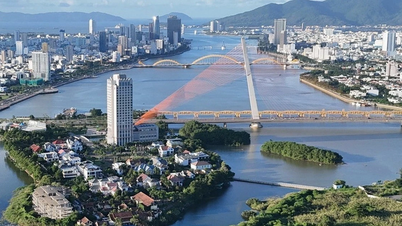


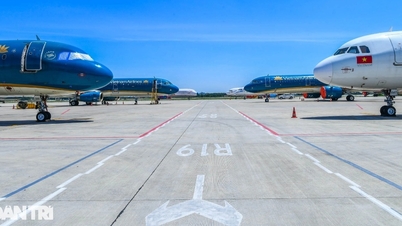

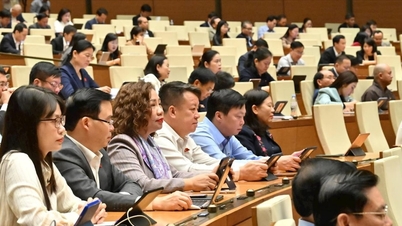

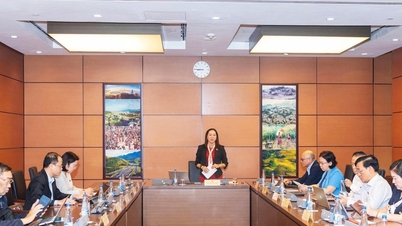
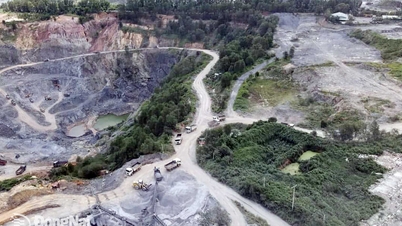

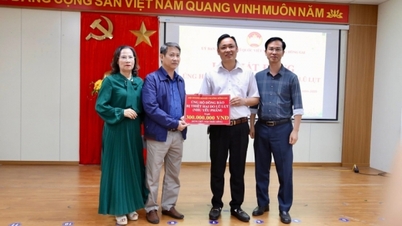

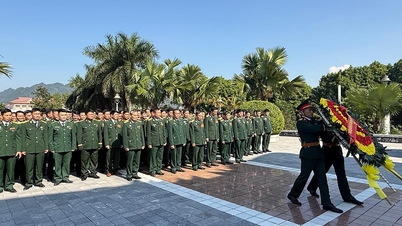

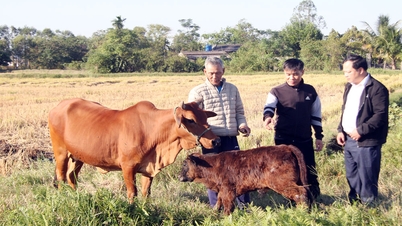

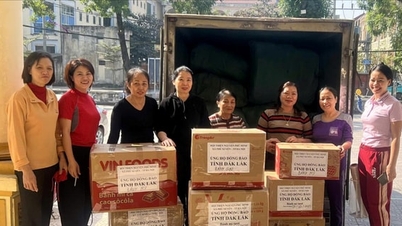

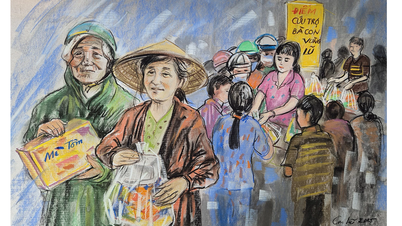






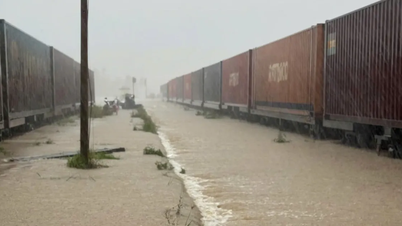
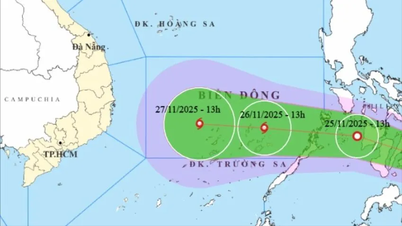
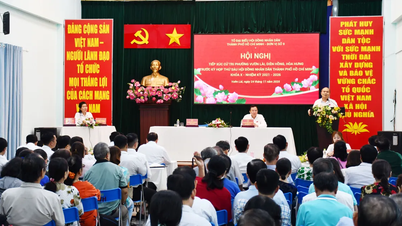
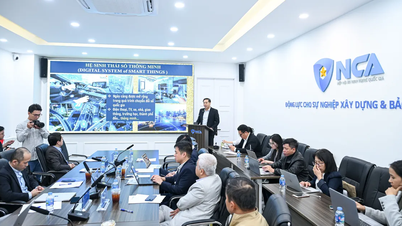




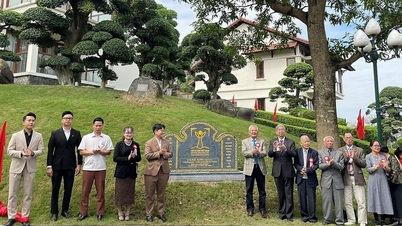
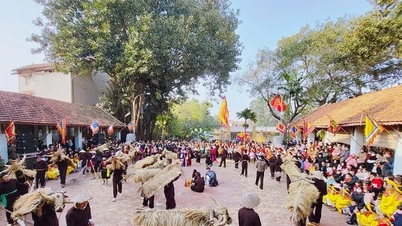

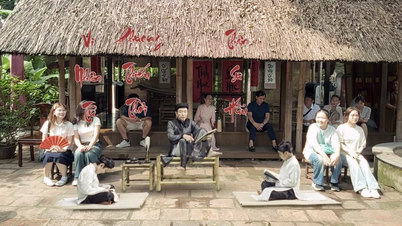
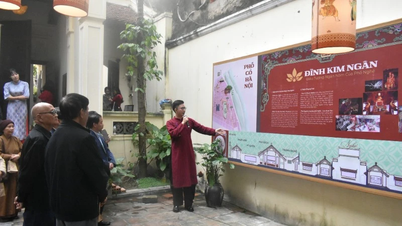







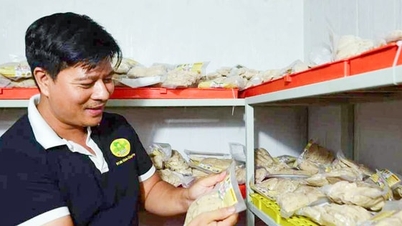




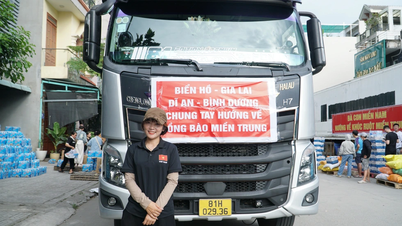
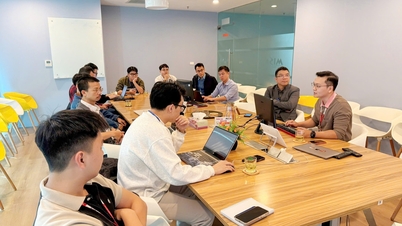


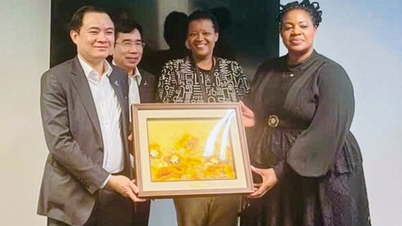
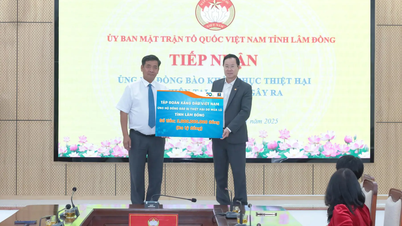








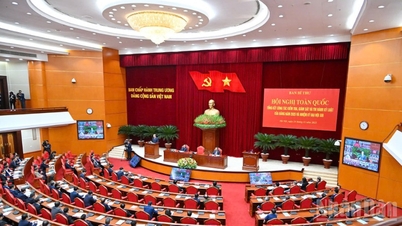
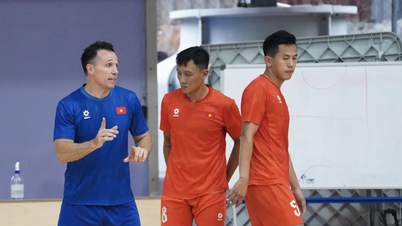
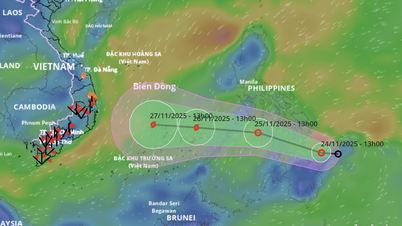

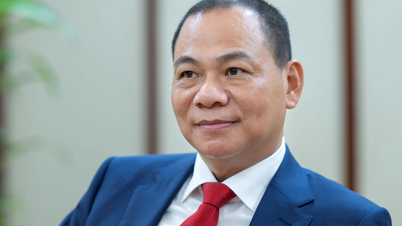
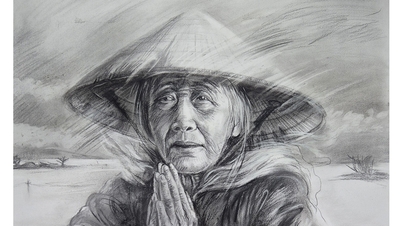
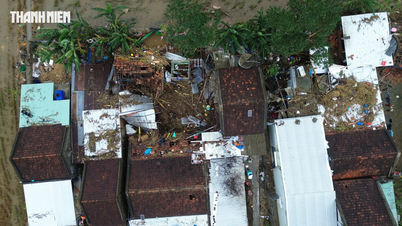


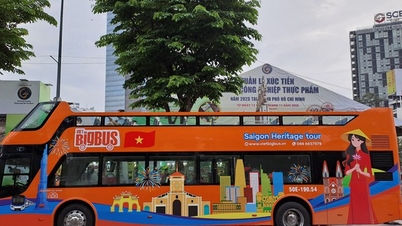

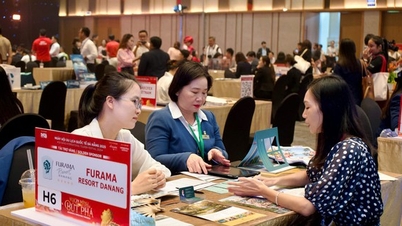
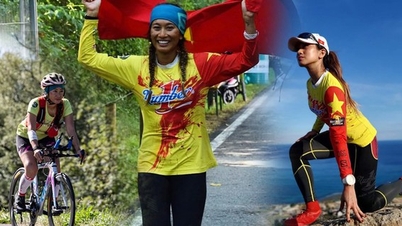
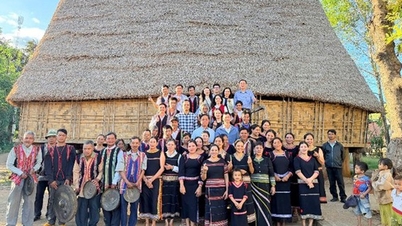
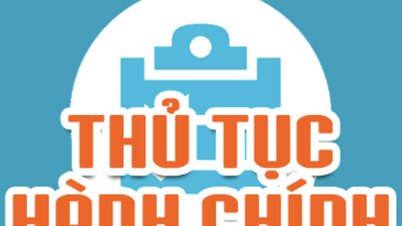
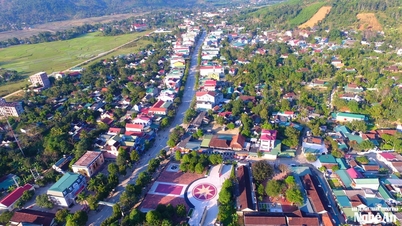
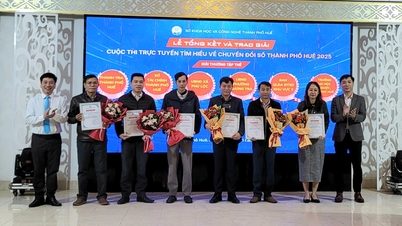

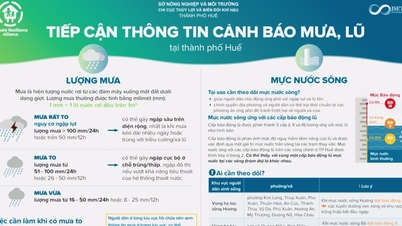
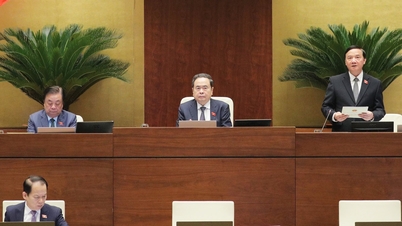
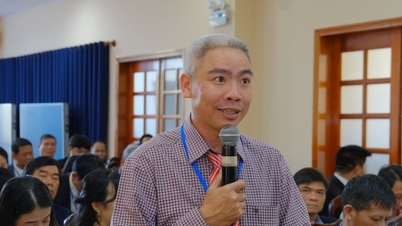










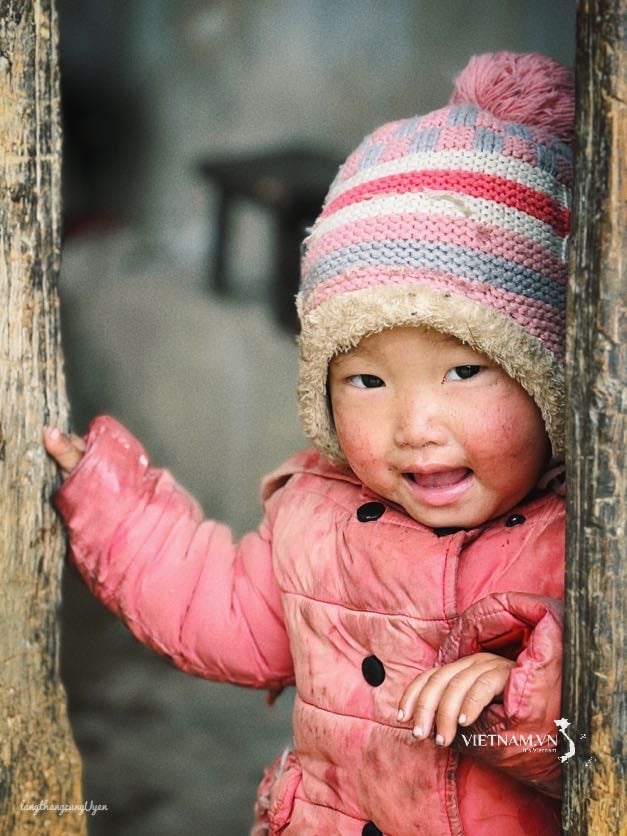



Comment (0)